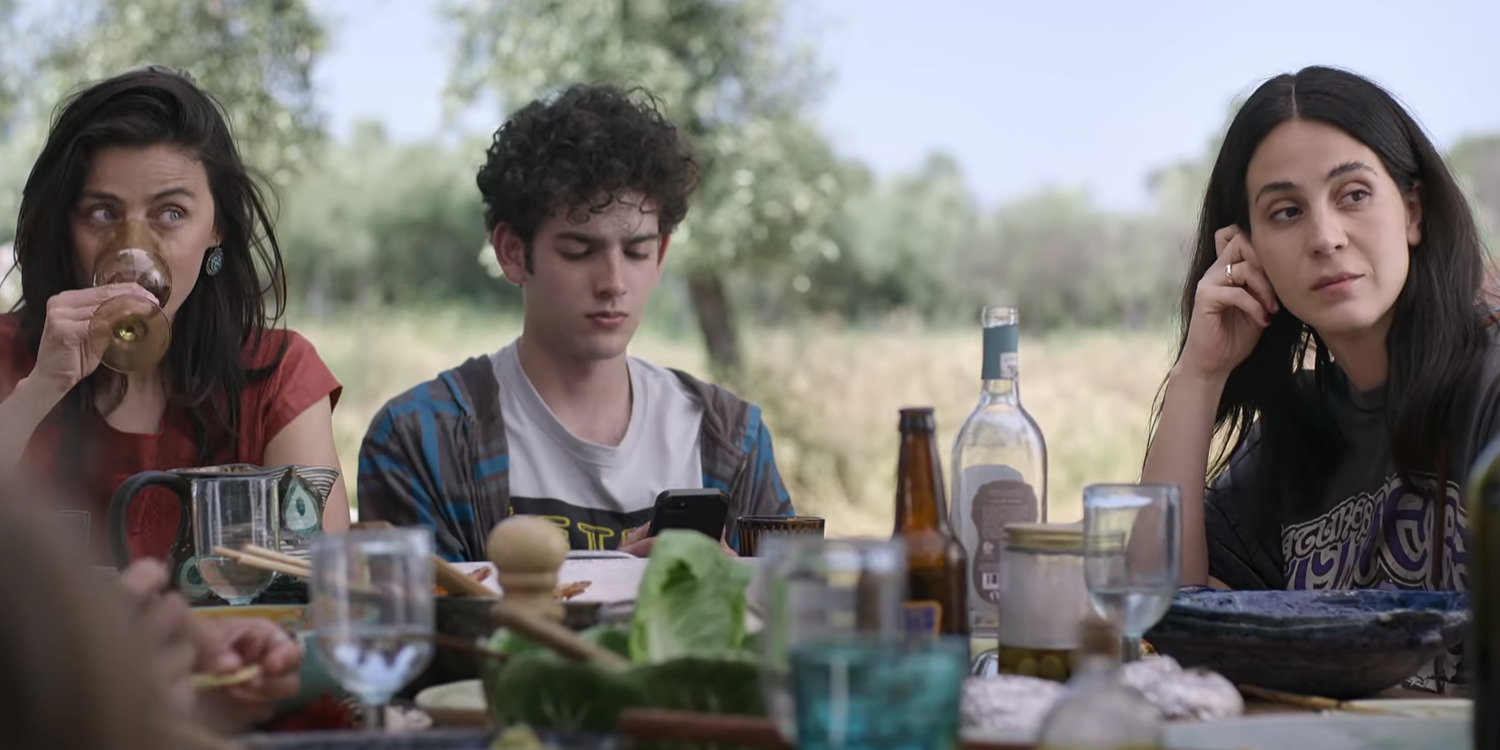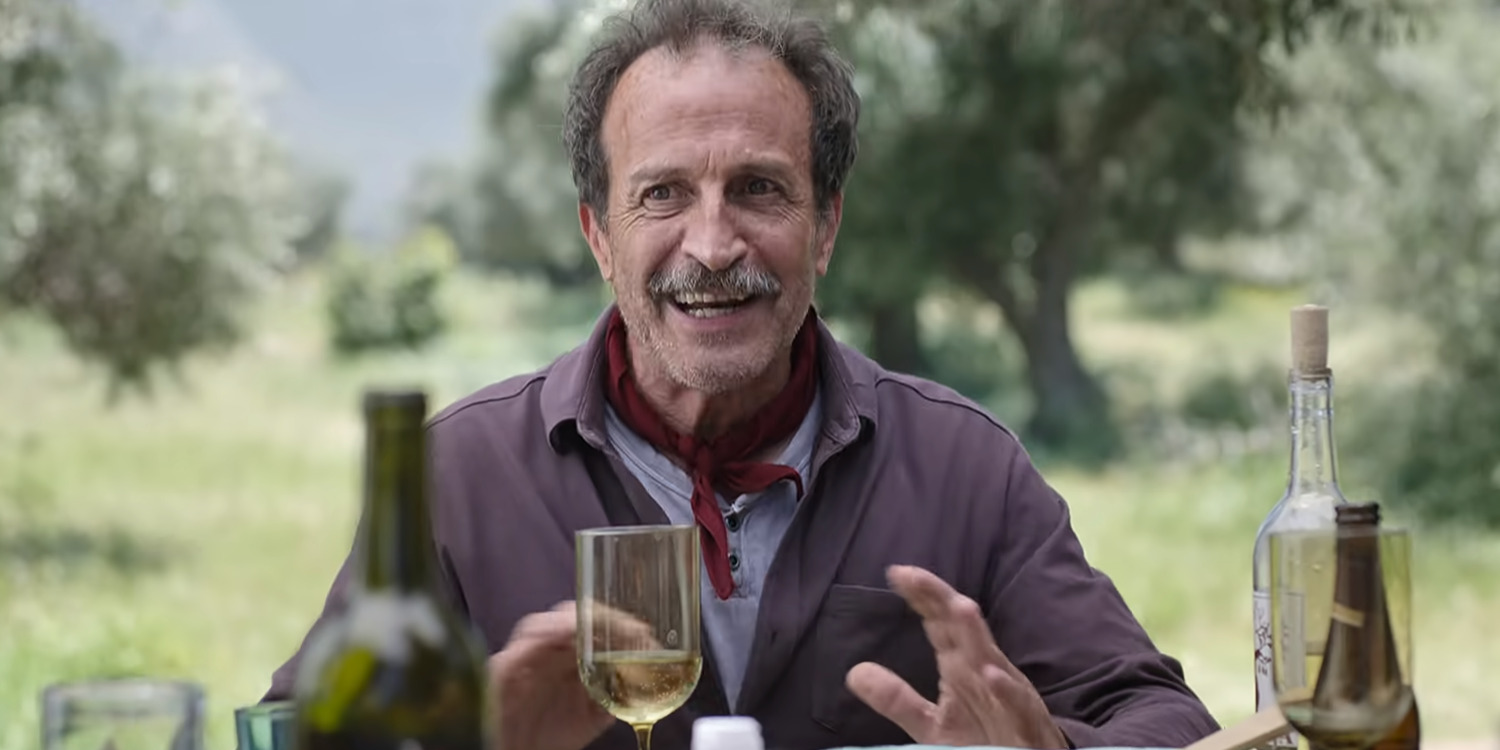Revolving around a complex family undergoing a pivotal point in their lives, Netflix’s ‘Familia,’ a Spanish drama film, encaptures various personalities and situations through its intricately woven narrative. Leo, owner of a family olive ranch in Guadalupe Valley, invites his family over for a get-together once every month. However, this month, a startling revelation awaits Leo’s kids when they discover a lucrative offer has been made for the ranch’s sale. As such, complications arise with conflicting opinions that clash until the family can arrive at a combined decision.
Yet, with a time crunch on hand and their mother’s recent death, a unanimous family decision may be harder to come by than thought. As the title suggests, family and its nuanced building blocks remain a defining aspect of the film. Therefore, given the realistic depiction of these relationships, viewers must be curious if the film reaps its authenticity from reality.
Familia is a Fictional Story Ripe With Authentic Family Dynamics
No, ‘Familia’ is not based on a true story. The film is simply a work of fiction created by director Rodrigo García and his collaborator and co-writer, Bárbara Calio. Together, the screenwriting duo crafted the film’s intimate environment wherein a family is compelled into a close proximity situation faced with an inherently divisive argument. The story’s premise, which remains the sole focus of the narrative, presents an incredibly relatable situation that audiences can connect with on a universal level.

Family dynamics, particularly complicated ones, remain one of the most relatable film genres in drama stories. Therefore, the film opens up various avenues for different dynamics by collecting Leo, his three daughters, Rebecca, Julia, and Monica, and the connected family under one roof. By doing so, the narrative achieves not only a realistic depiction of the relationship between these three siblings and their father but also presents an insight into how their childhood family influences their other relationships.
For the same reason, Rebecca, Julia, and Monica’s protagonistic characters end up essaying distinct and authentic storylines, providing the audience with a number of experiences to empathize with. Furthermore, the position each occupies within their families as the oldest, youngest, and middle child plays into their archetypical characteristic traits, encouraging audiences to identify with them.
Likewise, the recent tragedy that looms over the narrative, Leo’s wife’s death, infuses the film’s thematic storyline with another universally kindred topic: death. Since the central conflict revolves around the sale of their childhood ranch, an integral part of the time each character has spent with their dead mother, the woman’s passing remains a driving factor in each character’s motives and desires.
Director García, who helms the film as the director, discussed the same in a Spanish interview with Proceso. Acknowledging the instrumental role of death as a central theme within the story, the filmmaker described his characters’ situation as a crossroads. Their mother’s death and the subsequent opportunity to either hold onto their childhood home or part with it becomes a metaphor for their choice to either continue with their past lives or face reinvention in the wake of a tragedy.
Thus, the film mindfully plays into the theme of loss and grief and shapes characters around the same. Consequently, the contained narratives within the story become further humanized. Furthermore, each character also gets to explore their individual stories through their respective relationships and struggles. As a result, within the film’s overarching theme of familial drama, we also glimpse into the narratives revolving around topics like marital problems, sexuality, and more.
In that regard, the story makes numerous efforts to infuse its plotlines, characters, and themes with realistic elements and ensure the film remains cohesively relatable. However, the same is only a result of careful and captivating writing. As such, outside of their fictional confines, neither the characters nor their story settings have any basis in reality. Ultimately, ‘Familia’ remains an authentic story about a fictional family and their equally fictional but relatable conflicts.
Read More: Best Family Movies on Netflix Right Now


You must be logged in to post a comment.